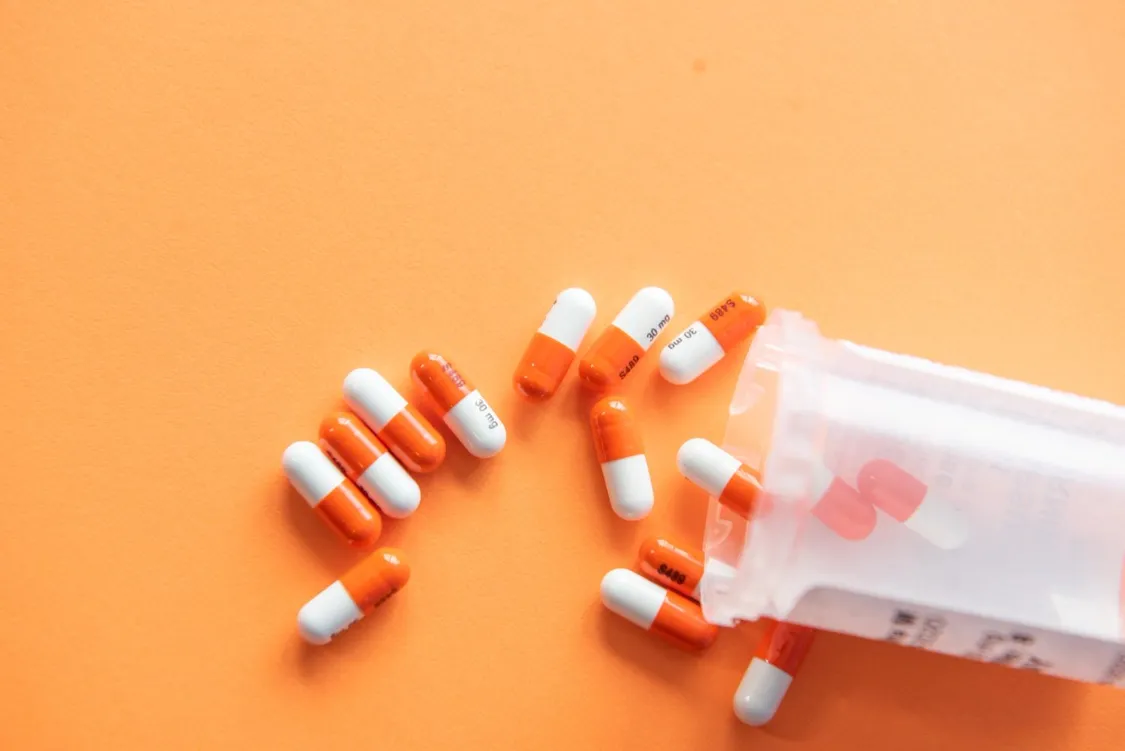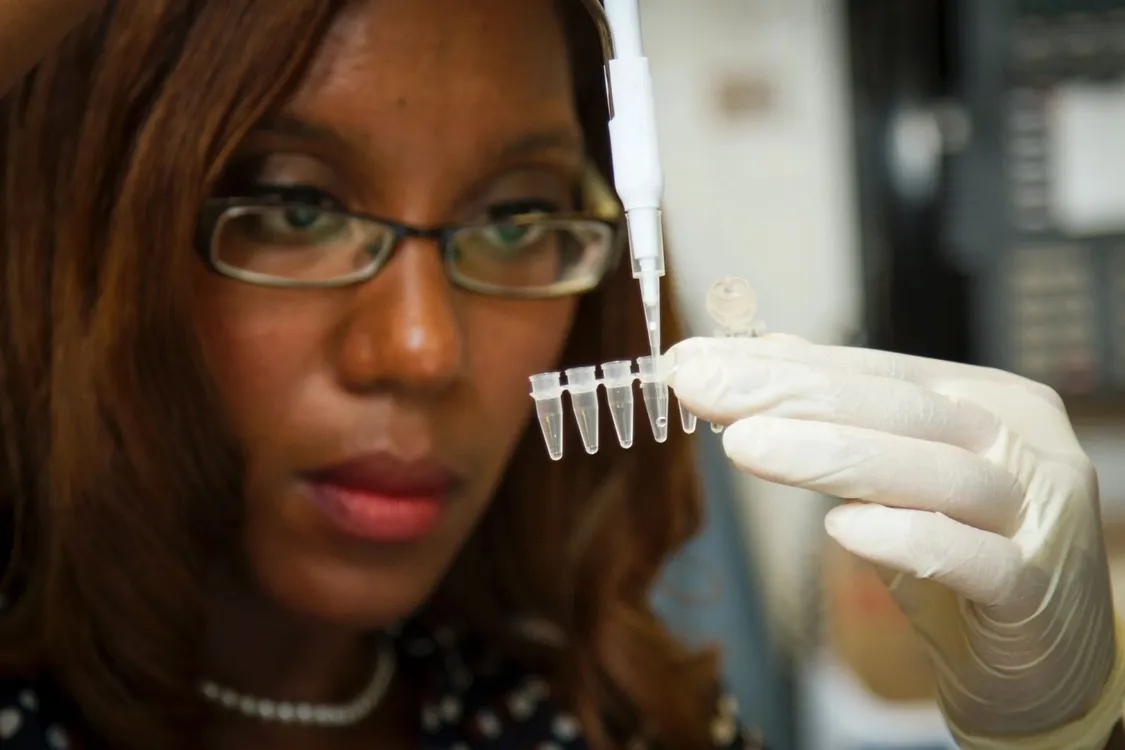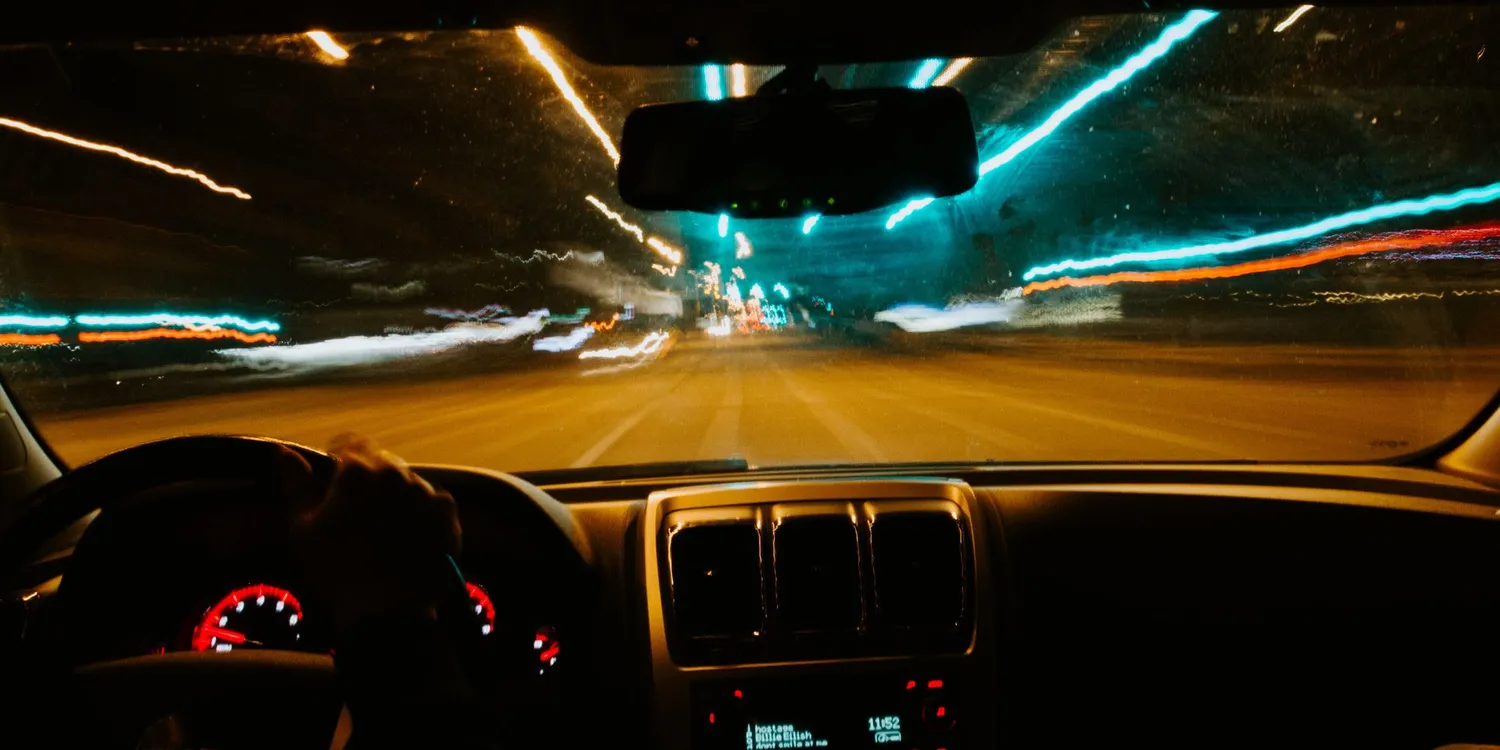22 Feb 2024
Why is drug driving not discussed as much as drink driving?
Drink driving campaigns have flooded the UK for years and for most people it is now socially accepted that drink driving can cause serious harm and has some serious consequences. However, shocking statistics show that as drink driving is declining, drug driving is becoming more and more common.
According to the newest BBC report:
'The National Police Chiefs Council (NPCC) has released new arrest data following a campaign of roadside testing in December. It suggested that in England and Wales 48.5% of drug tests were positive, while 9.5% of breath tests for alcohol were positive.
Merseyside Police said it regularly catches more drug drivers than those over the alcohol limit and the problem is "highly prevalent".'
However, more recent statistics released by some individual forces show a worrying trend, with cannabis and cocaine now more prevalent than alcohol in roadside tests.
Police forces where drug-related arrests exceeded those for drink driving include:
- Greater Manchester: 199 drink, 243 drug
- Sussex: 115 drink, 146 drug
- Thames Valley: 240 drink, 245 drug
- Hampshire & Isle of Wight: 131 drink, 156 drug (14 arrests for both drink and drug driving)
- North Wales 67 drink, 90 drug
Jo Shiner, the NPCC's Road Safety Lead, told the BBC: "We're definitely seeing more people who are driving under the influence of drugs. And there seems to be a social acceptance between those groups who do that, that it's okay. It's absolutely not."
Data released by Suffolk Police, for example, shows that the number of arrests for drug-driving surpassed the number of drink-drive arrests for the first time in the county.
The 672 drug-driving arrests in 2018/19 represented a 20% increase on the previous 12 months, while drink-driving increased by 11.3% to 652 arrests.
It was a similar story in Norfolk, where more drug-drivers were caught during its Christmas drink-drive campaign for the first time.
More than 600 people were arrested after failing a roadside drug test in the county last year, just four years earlier 37 were arrested on suspicion of drug-driving.
Cannabis and Cocaine are the most prevalent drugs used by drug-drivers, with almost two-thirds (62%) testing positive for cannabis, 25% for cocaine and 13% testing positive for both substances.
More than half (62%) of positive tests were from drivers aged 30 years and below and an incredible 94% were male, much higher than the 78% for drink-driving.
Rehabs UK Treatment Advisors state that: "In the last 3 months around 30% of contacts mention about drunk driving with 5% mentioning about drug driving."
So why is drug driving not discussed as much as drink driving? Are people in denial that this trend is increasing?
Below is everything you need to know about drug driving!
Is drug driving a criminal record?
The short answer is YES. Drug-driving is just as serious as drink-driving and can have a major impact on your personal record.
This is something which a lot of people are unsure of. With a lack of understanding and education about drug driving it is not difficult to know why.
What punishment do you get for drug driving?

Changes to the offence of drug-driving came into force in England and Wales from March 2015. New legislation made it illegal to drive with specified levels of certain drugs, including legal medication, in your system.
It had been a criminal offence, under section 4 Road Traffic Act 1988, to drive a motor vehicle while being unfit to do so as a result of drug consumption. However, the new rules meant a driver could be guilty of an offence of drug-driving even if their ability to drive is not impaired as a result of drug use.
Section 5A contained the new offence of driving with a concentration of a specified controlled drug above a specified limit, with Government taking a zero-tolerance approach to cannabis, for example.
The drugs specified in the regulations consisted of eight legal medications, including diazepam and morphine, and eight illegal drugs such as cannabis and cocaine.
Drivers convicted of an offence of drug-driving are automatically banned from driving for at least one year, and can face a fine of up to £5,000, up to six months in prison, or both. They will also receive points on their licence, and may see an increase in insurance costs, sometimes even requiring specific drug driving insurance.
Penalties for causing death whilst driving dangerously under the influence of alcohol or drugs
If a driver kills someone while under the influence of alcohol, they can be charged with causing death by careless driving while under the influence of drink or drugs (Section 3A of the Road Traffic Act 1988 (as amended by the Road Traffic Act 1991, section 3), which carries a maximum penalty of 14 years in prison and an unlimited fine.
What happens when charged with drug driving?
According to Crimestoppers, drug driving convictions can take up to 6 months, compared with the 2-3 weeks, sometimes less, that it takes to convict someone for drink driving. This is because laboratories that provide results for evidential blood tests, which are critical to convict a drug driver, are under-resourced and under-funded.
An offender is caught drug driving, they can continue to drive until they appear in court – allowing those that flout the law to continue driving for long periods of time in some cases.
How long does a drug driving ban last?
If you're found to be over the drink-drive limit, and/or driving while impaired by drugs, you can receive:
- A criminal record
- A maximum penalty of six months in prison
- An unlimited fine
- An automatic driving ban of at least one year (three years if you have been convicted twice in 10 years)
Other problems you may face include:
- An endorsement on your driving licence for 11 years
- An increased insurance premium
- If you drive for work, your employer will see your conviction on your licence
- trouble travelling to countries like the USA
How long do drugs stay in your system?

The length of time that a drug is detectable in the system depends on a variety of factors, including:
- the type of test
- dose
- tolerance
- potency
- metabolism
- the existence of medical conditions
According to Drugs.ie, drug detection times vary but are roughly shown below:
- Alcohol: 3-5 days in urine, 10-12 hours in blood
- Amphetamines: 1-3 days in urine and around 12 hours in blood
- Barbiturates: 2-4 days in urine and 1-2 days in blood
- Benzodiazepines: 3-6 weeks in urine and 2-3 days in blood
- Cannabis: 7-30 days in urine and up to 2 weeks in blood
- Cocaine: 3-4 days in urine and 1-2 days in blood
- Codeine: 1 day in urine and up to 12 hours in blood
- Heroin: 3-4 days in urine and up to 12 hours in blood
- LSD: 1-3 days in urine and up to 2-3 hours in blood
- MDMA (ecstasy): 3-4 days in urine and 1-2 days in blood
- Methamphetamine (crystal meth): 3-6 days in urine and 24 - 72 hours in blood
- Methadone: 3-4 days in urine and 24-36 hours in blood
- Morphine: 2-3 days in urine and 6-8 hours in blood
How do police test for drugs?

According to Met Police, the police can stop you and conduct a roadside screening test or a field impairment test, both of which may result in your arrest if:
- They think you have taken drugs
- You’ve committed a traffic offence
- You’ve been involved in a road traffic collision
Officers can test for cannabis and cocaine at the roadside, and screen for other drugs – including ecstasy, LSD, ketamine and heroin – at a police station.
Even if you pass the roadside check, you may still be arrested if the police suspect that your driving is impaired by drugs and you can be taken to a police station for further tests.
Police forces have also had access to new drug-testing kits for use during roadside checks of suspected drivers.
D.Tec International provides police forces in England and Wales with its Drugwipe device, which uses saliva to test for cocaine and cannabis at the roadside.
The company also offers advice on corporate drug and alcohol policies and workplace testing on a range of drugs to mitigate a fleet’s exposure to risk.
What happens if the passenger has drugs / is on drugs?
If drugs are found in a car, the driver, passengers, or a combination of both can be charged with possession of illegal drugs and be held responsible. Even if a passenger is found to be in possession of drugs, the driver can be found in violation of constructive possession.
How can you identify a drug driver?
The giveaway signs that the police will look out for when travelling behind a vehicle include: -
- Driving unnecessarily slowly or too fast
- Late braking
- Deviating from the line
- Not having headlights on at night
- Turning wide on corners etc.
In an emergency, If you suspect someone in real time is drug driving contact the police on 999. If you think someone is drug driving regularly then please report to police on the 101 number.
What more can be done?
People need to be aware of the consequences of drug driving, more campaigns and consequences need to be as serious as drink driving. If someone is suffering with an addiction problem there should to be an option for rehabilitation and detox if needed rather than just sentencing. But what do you think?
Contact us:
If you or someone you know is struggling with substance abuse, please contact our fully trained treatment advisors. The team work hard to help find the best treatment options for the individual. To have a confidential chat give them a call.
